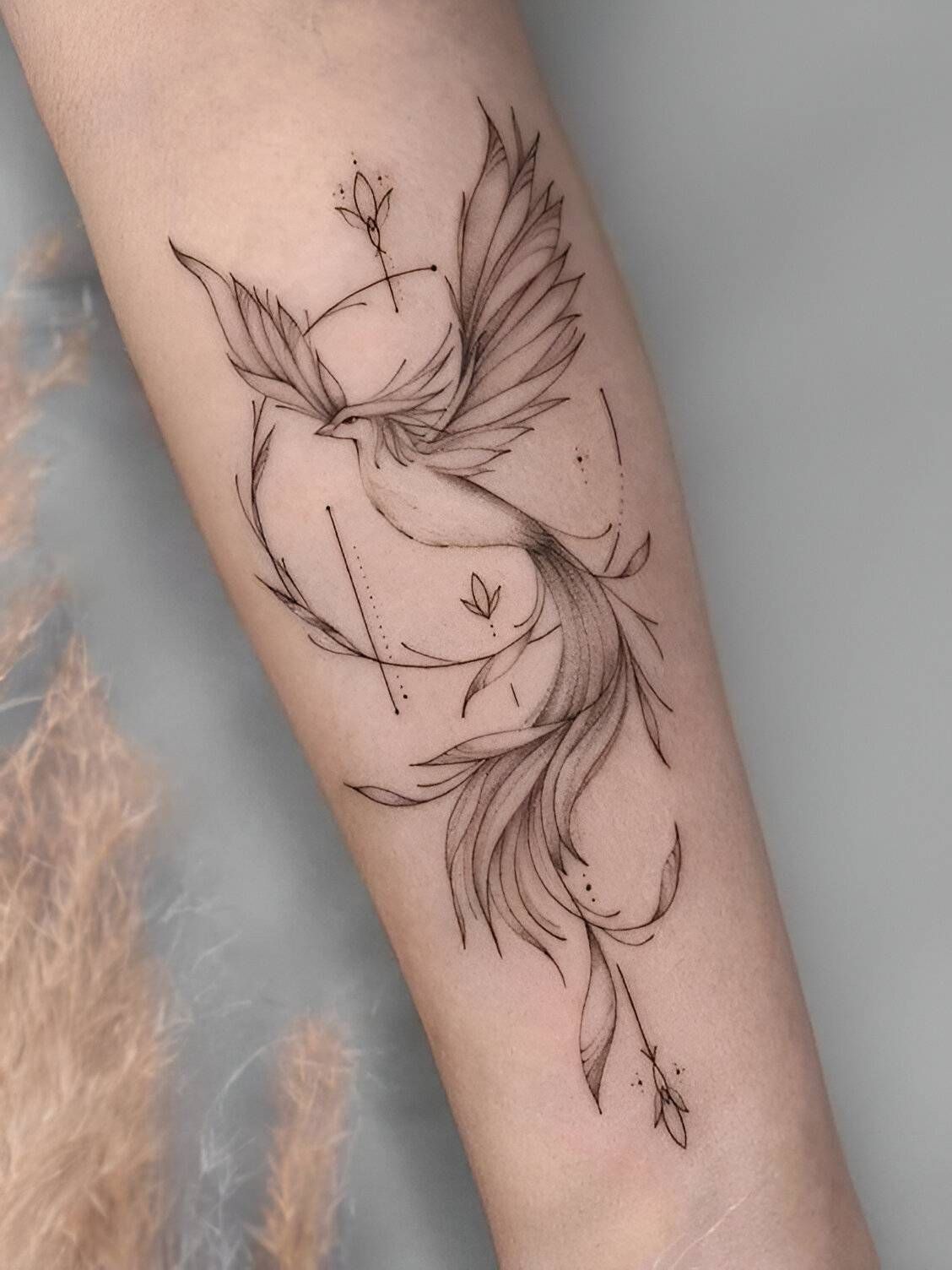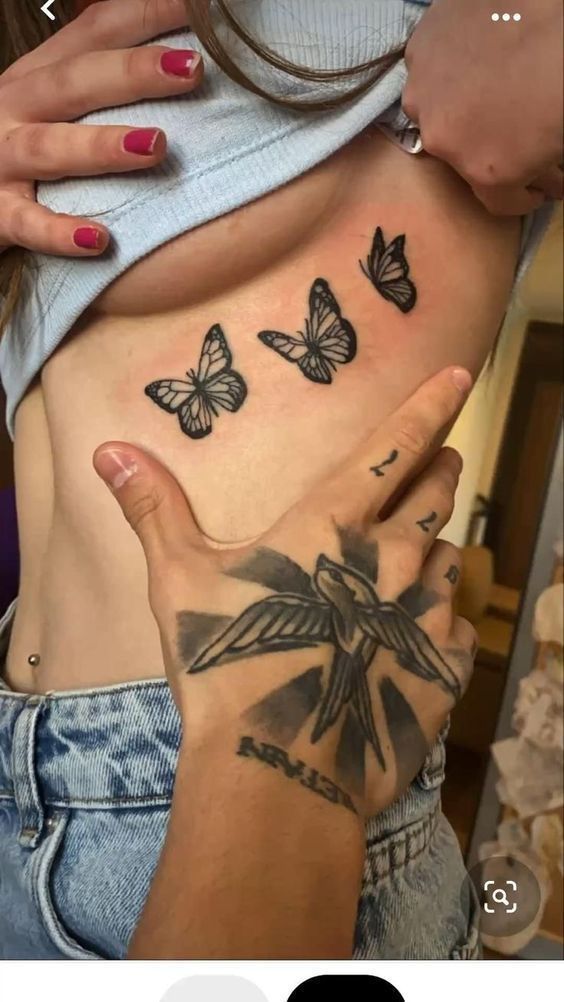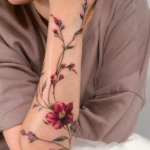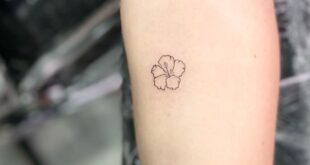Tattoos have been a form of self-expression and art for centuries, and in recent years, they have become increasingly popular among women. In the past, tattoos were primarily associated with men and seen as a symbol of rebellion or toughness. However, as attitudes towards tattoos have evolved, more and more women are choosing to get inked as a way to express their creativity, individuality, and personal values.
One of the reasons why tattoos have become so popular among women is that they can be a powerful form of self-expression. From intricate designs to meaningful symbols, tattoos allow women to convey their beliefs, passions, and experiences in a visual and permanent way. Whether it’s a small and delicate tattoo or a bold and colorful piece, each tattoo tells a unique story and can be a source of empowerment and inspiration for the wearer.
Moreover, tattoos have also become a means of reclaiming ownership of one’s body. Women’s bodies have long been subjected to societal pressures and expectations, often leading to feelings of insecurity and self-doubt. By getting tattoos, women can assert control over their bodies and make a statement about their autonomy and agency. In a world that constantly tries to dictate how women should look and behave, tattoos can serve as a form of resistance and a celebration of individuality.
In addition to self-expression and empowerment, tattoos can also be a way for women to connect with their heritage and culture. Many women choose to get tattoos that symbolize their ethnic background, religious beliefs, or ancestral traditions. These tattoos not only serve as a reminder of one’s roots but also as a means of preserving and honoring cultural identities. For some women, getting a tattoo can be a way of celebrating their heritage and passing down traditions to future generations.
Despite the growing acceptance of tattoos, there are still some societal stigmas attached to women with tattoos. Some may view women with tattoos as rebellious, promiscuous, or unprofessional. However, as more women proudly display their tattoos and challenge stereotypes, these negative perceptions are gradually being dismantled. Women with tattoos are breaking barriers and redefining beauty standards, showing that self-expression comes in many forms and that tattoos are a valid and powerful means of expressing oneself.
Overall, tattoos have become a significant form of self-expression for women, allowing them to assert their individuality, reclaim ownership of their bodies, and celebrate their heritage. Whether it’s a small symbol or a full-body masterpiece, each tattoo is a reflection of the wearer’s personality, values, and experiences. As tattoos continue to evolve as an art form, women will undoubtedly play a crucial role in shaping its future and further expanding the boundaries of self-expression.
 innstyled Tattoo Ideas
innstyled Tattoo Ideas




















